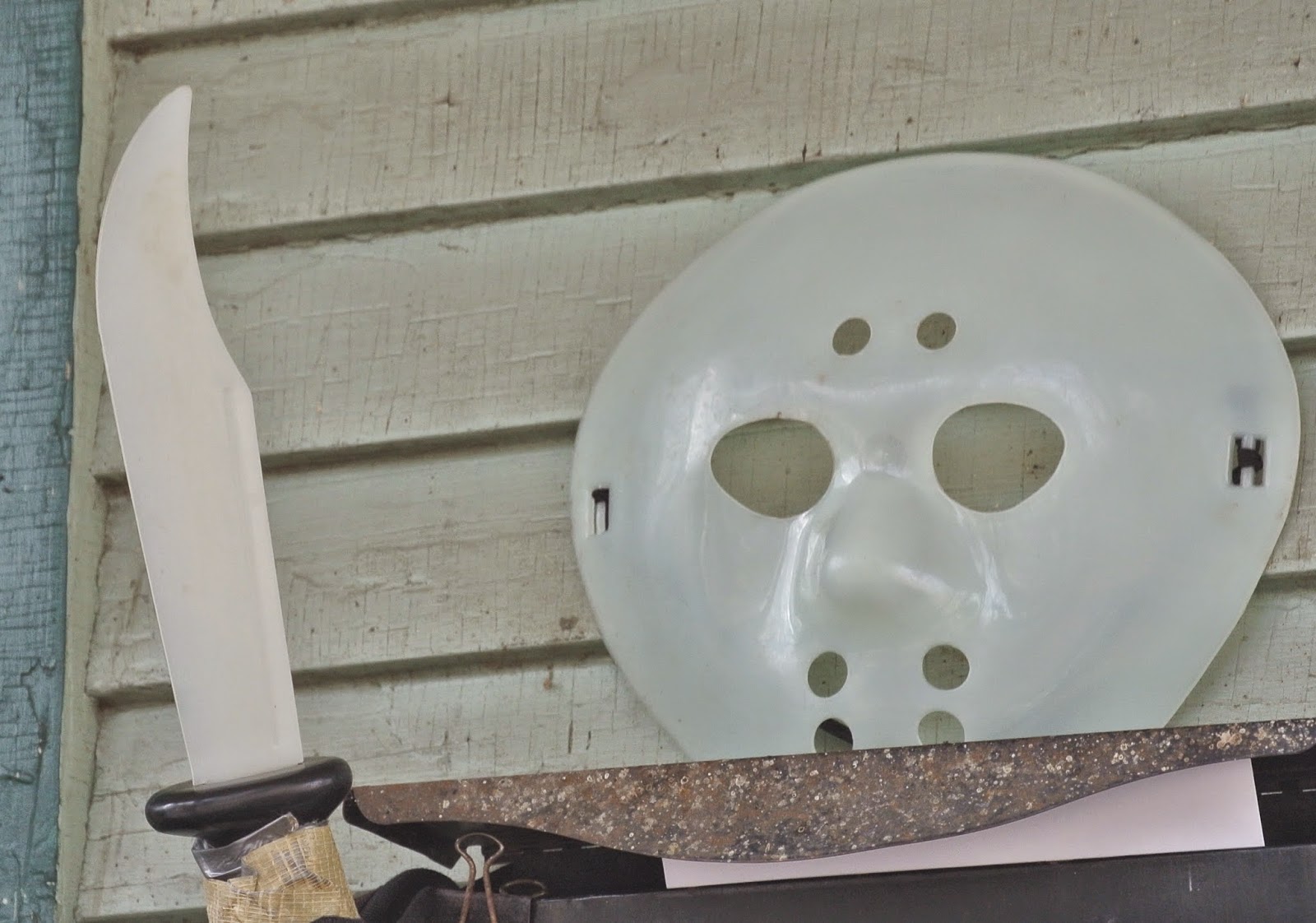Another powerful, palpable student writing. We were all struck by how this student, who has been writing with me for years now, has found a way to combine his powerful lyricism with a narrative - in fact, narrative therapy - to help re-write things that used to trigger him when he followed pure poetry.
Narrative therapy has strong overlaps with memoir writing, whether we like it or not. How we write, what we write, what we invite in and work through or not really shapes our story. And, of course, we are telling and re-telling our stories - especially our "life story" - every single day. To embrace that process and realize that our stories, too, are impermanent, is really empowering.
Enjoy the intense dip in, then strong heart that saves the reader - and writer - from dimness.
---------------------------------------------------
A feeling of satiety,
not satiated or saturated,
or dripping.
I've had the glimpse, that
hint of light that hits the mirror
just right - turn your head it's gone
That all of the craving, the striving
powering the great samsaric engine.
For just that evanescent moment,
which seems so precious.
Must... hold tight.. and gone.
All that which I seek outside myself is already there.
But like the moment when I've achieved some goal,
it too is gone.
I'm
brought back to the darkest days before the hospital. The entrance to
the house was through the garage which opened to the basement. Dark and
cluttered, it seemed a reflection of David, my stepfather's mental
state. I had to watch where I was going. So did he. Up stairs that
creaked every one, led into the kitchen. The kitchen, where he told me,
near that chair that seemed out of place, that I was going to end up on
the street. He would pace for hours. And drink, and breathe heavily. His
presence was so onerous the house threatened to sink. Dark, deep eyes
would stare off for hours. Deep pain. I could feel it all. Those eyes
usually passed right over me. Boy, I tried not to get in their way. But
could not. I felt like he had it in for me especially as my depression
progressed. He was strong and I was weak. Or so I thought. I learned
later the opposite was true, but it didn't matter then. I didn't know.
Fear. Glare fear. And so I hid. I left my body. Went somewhere else, but
the re-inhabiting, the re-entry was awful, like slipping into someone
else's skin. Someone had been shaken deeply. So, too tension I used to
protect myself. If I held myself tight enough and watched closely,
remained vigilant I won't get hurt. Later I got angry, lashed out at my
mother. I'm sure i caused as much pain out as I did in. Still David's
footsteps as he passed back and forth, caged heavy breathing animal that
he was made their way through.
What I can see now, though is
those protections, which look so maladaptive were out of love,
protection. And they weren't my fault. And not that I was pure victim,
but those parts deserve, need love compassion, a light touch.
When welcomed into my heart, that's when I have a sense of wholeness, of fullness, and my heart opens to myself.
-Nick W.






















